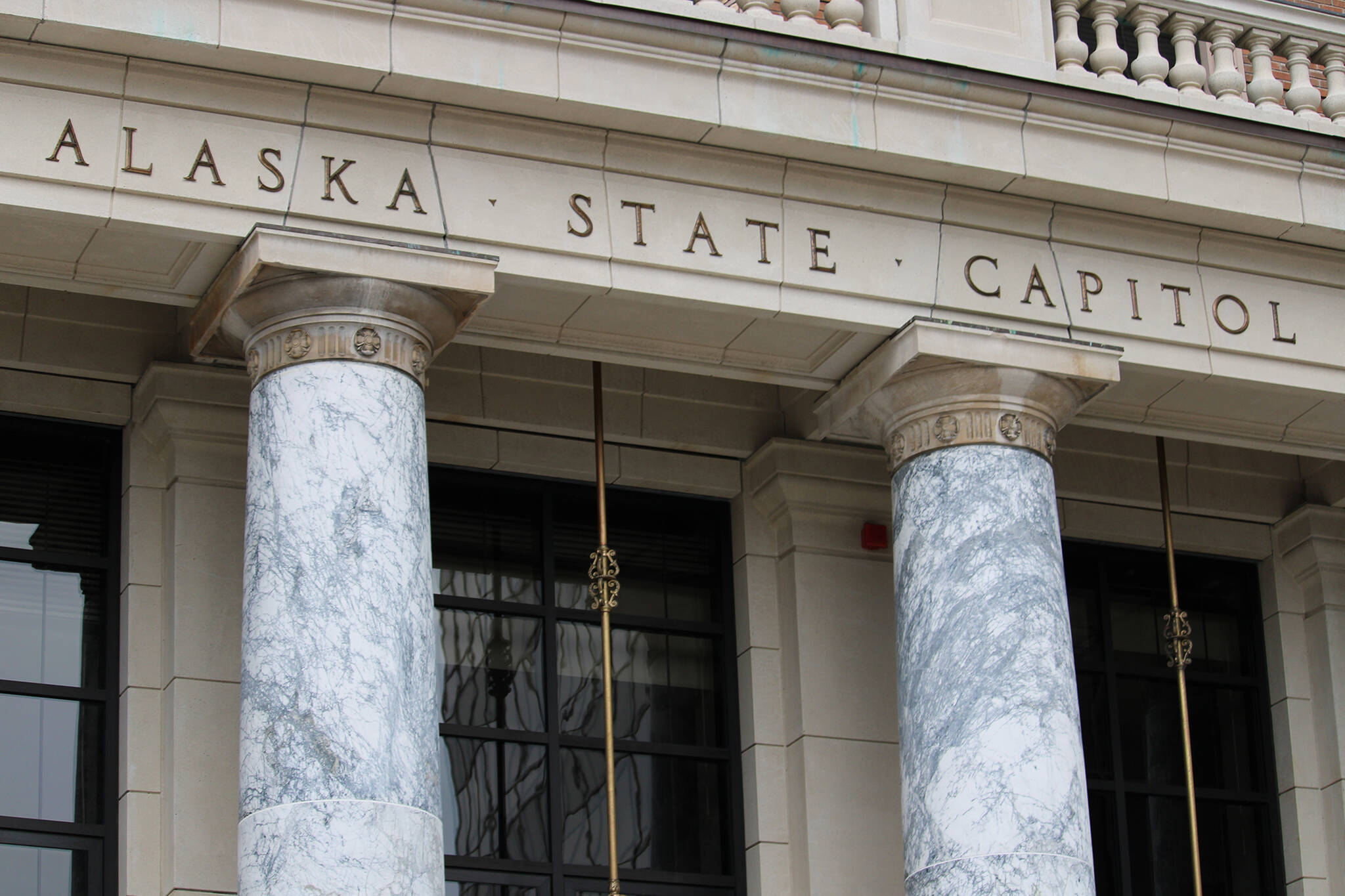A proposed overhaul of Alaska’s public retirement system would provide a new pension plan for state workers and is seen by supporters as a way to address concerns with recruiting and retaining employees.
Half of the Senate’s 20 members have signed onto the bill, sponsored by Senate Majority Leader Cathy Giessel, a Republican. The measure was outlined Wednesday by members of the bipartisan coalition that controls the Senate.
Coalition members said a 2006 move from a pension plan to a 401(k)-style plan has contributed to difficulties recruiting state workers. Lawmakers have heard about worker shortage impacts and how a revamped retirement offering could improve Alaska’s competitiveness in seeking workers, the Anchorage Daily News reported.
Alaska is the only state where all newly hired public employees have only a 401(k)-style “defined contribution” plan as their primary retirement benefit, Keith Brainard, research director with National Association of State Retirement Administrators, said in an email to The Associated Press.
Those wary of a return to pensions note the billions in unfunded liabilities for the prior plans the state is paying off. Supporters of the new plan say it has provisions meant to prevent the state from taking on greater obligations than it can afford.
The proposal would create a new defined benefits tier and allow public workers on the current defined contributions plan to switch over. The new tier would not include health insurance upon retirement, but workers could contribute to a health reimbursement account while they work and could then use that to cover costs of health care premiums until they become eligible for Medicare.
Employee contribution amounts could be adjusted by the board that manages the retirement plan if there is a stock market downturn, and the board could withhold inflation adjustments to retiree payments if the plan is less than 90% funded, under the proposal.
Chuck Kopp, a former legislator who leads a group that brings together public employee groups and unions to advocate on retirement issues, said the proposal “provides a minimum safety net, and as long as the employees still engage in active savings and personal investment, they can be far better prepared than what they are now.”
While retirement issues are a priority for the Senate majority, the proposal’s prospects are unclear. It is the latest bill on the topic to be introduced. Senate President Gary Stevens, a Kodiak Republican, said he can’t guarantee “this is something that we can do this year. In fact, I can say it’s going to be very hard to get it through this year.”
House Speaker Cathy Tilton, a Wasilla Republican, said the House is focused on crafting a state budget.
Jeff Turner, a spokesman for Republican Gov. Mike Dunleavy, said Dunleavy agrees “Alaska is in a very competitive world regarding recruitment and retention of state workers.”
“Anything and everything should be explored to have an advantage in recruiting and retaining new employees. For example, we need to know if child care options or other incentives can work as well or better than a defined benefit plan,” he said, adding that Dunleavy “wants more data that demonstrates how well a defined benefit plan will attract the most highly qualified candidates without increasing the unfunded liability created under the previous defined benefit plan phased out in 2006.”

